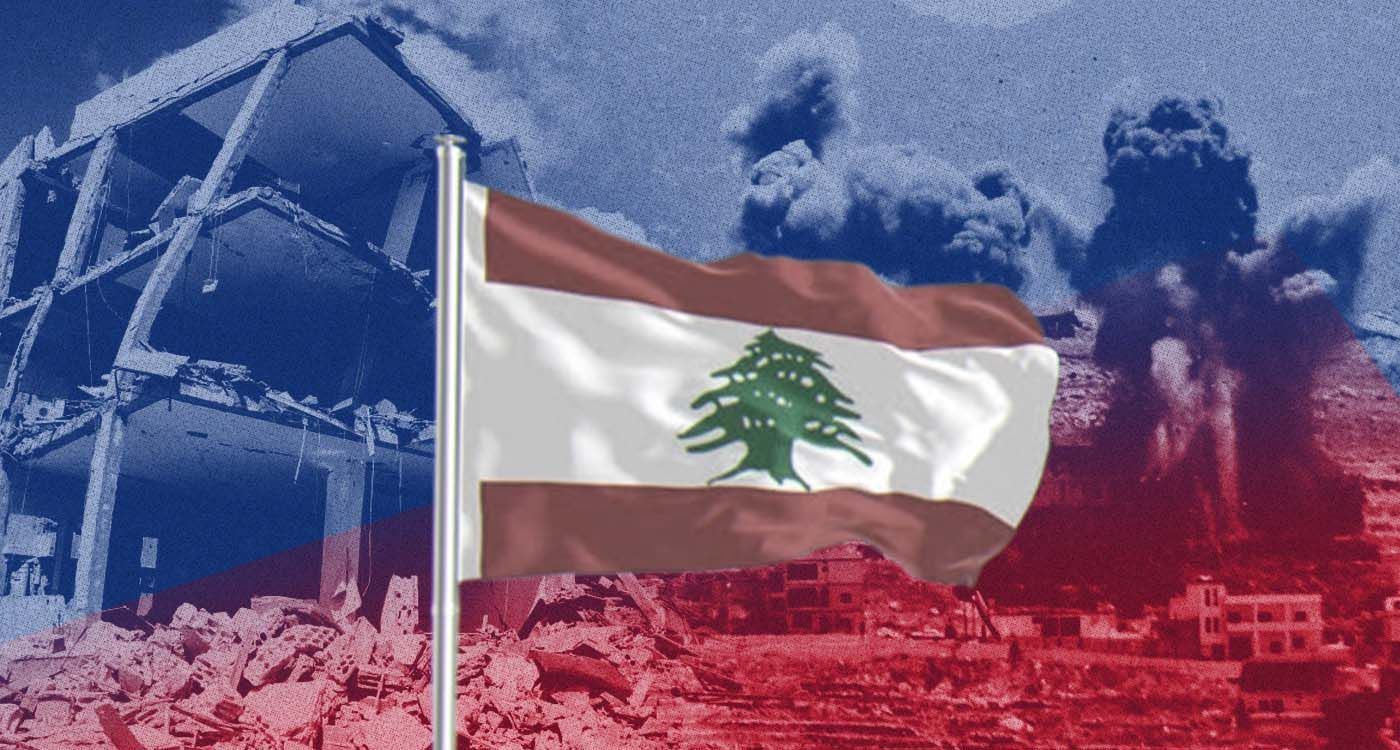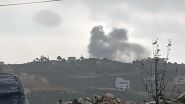
Sometimes history gives you a window of opportunity so wide, so glaringly obvious, that missing it becomes a form of national self-harm. Lebanon is living one of those moments now, and letting it slip, again.
For the first time in decades, Hezbollah is not at the peak of its military or political power. Israel’s 2024 campaign decimated much of the party’s infrastructure, top leadership and confidence. Hassan Nasrallah is gone. Their arsenals are depleted. Iran is weaker. And yet, Lebanon — that complicated, beautiful, chaotic country of contradictions — is watching this rare chance for reinvention pass by like a train it can’t afford to miss.
Hezbollah and its loyalists, instead of reading the room — or more accurately, the map — are indulging in an emotional crisis. They are asking the Lebanese to be “considerate” of their loss, of their dead and of their symbolic wounds. But where was that same consideration when they dragged the country into a war with Israel in 2006? Or when they reignited the front lines in 2023 in solidarity with Hamas, without asking the state, the people or the parents of those who are now homeless in the south?
Their leadership today isn’t rational. It’s emotional, reactive and drenched in a sense of divine entitlement. They believe they’re owed gratitude, not accountability. And they are willing to sacrifice the collective well-being of the Lebanese people for their own ideological narrative. The result? Dozens of villages destroyed, thousands displaced, homes flattened and a country bleeding from wounds it didn’t ask for. And the Israeli Army back to controlling land (parts of the south).
Emotions may stir revolutions, but they cannot run a nation. As Winston Churchill warned, “You will never reach your destination if you stop and throw stones at every dog that barks.” In politics, reacting emotionally isn’t strength, it’s weakness dressed as pride. Governments must be anchored in reason, not sentiment. Letting emotions dictate national policy is not only reckless, it’s juvenile.
Yesterday’s incident involving UNIFIL, where a peacekeeper convoy was attacked in southern Lebanon under questionable circumstances, was not just another random act of chaos, it was a signal. Hezbollah wants them out. So does Israel. And oddly, so do the US. Why? Because the UN forces have become irrelevant and inconvenient observers in a game where no one wants witnesses. Their exit would hand Israel easier control over southern airspace and terrain and allow Hezbollah to operate without prying eyes.
In theory, Lebanon has a president, Joseph Aoun, who wants reform and a prime minister, Nawaf Salam, who understands what’s at stake. But their state is a ghost ship. They’re surrounded by warlords and oligarchs, each steering their own faction while pretending the country is still on course. It’s not. And while the army is dismantling Hezbollah positions in the south with tacit US support, the effort feels fragile and incomplete.
Here’s the real danger: By failing to act decisively now, Lebanon is giving Israel an excuse, maybe even a green light, for a summer offensive that could make 2006 look like a dress rehearsal. Quietly, Israeli special forces are preparing operations aimed at finishing the job and removing Hezbollah’s remaining arms caches, underground tunnels and drone bases. If Lebanon does nothing, if it lets this moment slip under the pretext of “not provoking internal strife,” it may find itself watching the Israeli Army return, uninvited and unrestrained.
This isn’t just about Hezbollah. It’s about whether Lebanon can still be a sovereign state or whether it has surrendered that possibility to a militia, and a chorus of external actors pulling strings from Tehran, Tel Aviv and Washington. The Americans are ready to help. The French are mediating. The Gulf states are cautiously observing. Everyone sees the chance, except Lebanon.
History will ask: What did the Lebanese do when they had a shot at reclaiming their country?
If the answer is nothing, then the next chapter won’t be written in dialogue, it will be written in drones, craters and funerals. Let’s not forget that the European Union included Lebanon on its own money-laundering “blacklist,” signifying strategic shortcomings in AML and CFT frameworks. But let’s keep that for another article.
And the worst part? It won’t just be Hezbollah that pays the price. It will be every Lebanese person, in every sect, in every village, still cleaning up the debris from wars they never chose and political mafias that, unfortunately, they re-elected.




Comments